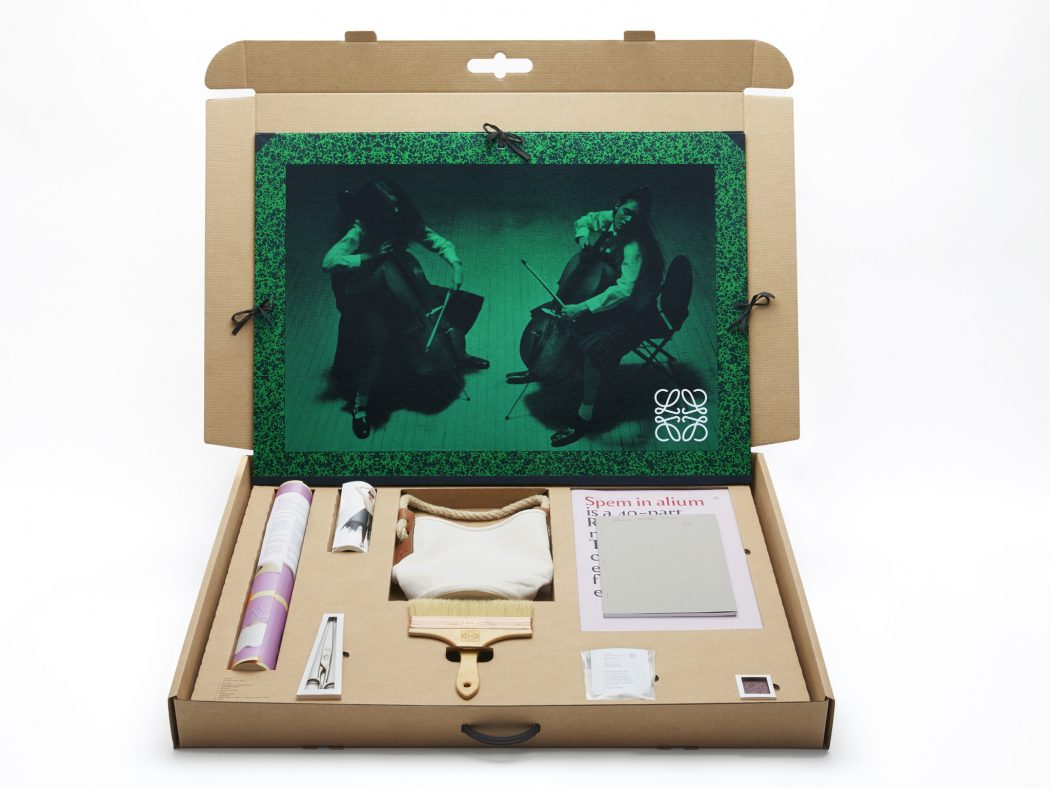
Luxury brands will need to up the ante when it comes to providing an impeccable customer experience in a post-pandemic world, writes Carlos Virgile.
‘Oh well…nobody’s perfect!’ is the famous final line of Billy Wilder’s iconic 1959 movie, Some Like it Hot when Jack Lemmon’s Jerry/Daphne character finally admits to his fiancé that he is a man. Lemmon plays for laughs – and gets them – but brands, and especially luxury houses, don’t always display such a sense of humour. For them, perfection is a concept that they have taken very seriously right from the start.
Excellence is embedded in luxury, where brands strive to promote a faultless image through impeccable craftsmanship and immaculate service and presentation that goes way beyond the product itself.
The world of luxury has been preserved for generations as a flawless diamond, a sanctuary of beauty and completeness. It’s accepted that striving for perfection creates tremendous anxiety and inevitable disappointments for individuals, but somehow it is expected from luxury brands.
However, the world is changing for all of us, and the current crisis created by an uncontrollable pandemic has not only affected global sales and commercial results at every level of the market, but it has also put a real question mark on the concept of a perfect world. Luxury brands must come to terms with the idea of a defective and damaged universe, forcing them to reappraise their picture-perfect approach to services and lifestyle.
Hygiene and safety rules are now the number one priority in all retail environments, and every store follows the same codes of conduct, with the result that the shopping experience is being democratised.
There are new rituals and routines at all levels of the retail experience, which means that even supermarkets have been forced to upgrade their attitude to service. In this unexpected new world, more personalised ‘one-to-one’ in-store exchanges have been imposed everywhere.
As I entered Marks & Spencer recently, a very well-mannered attendant greeted me and wiped my shopping basket handles with antibacterial gel. It made me wonder if I would get any better service from a front door security guard when visiting Louis Vuitton or any other luxury retail temple in Bond Street.
In-store, new layouts also pay more attention to customers and a ‘luxury’ approach is applied to the many, not just the few. Luxury brands will need to respond to this increased level of service expectations and provide superior attention to detail that helps them to differentiate themselves from the rest.
Luxury brands will need to up their ante. Private shopping suites and dedicated spaces for exclusive experiences, where customers might not even need to see or mix with anyone else, can offer a sense of safety combined with the personalisation that luxury customers already expect.
Concierge amenities add value, while click-and-collect counters could grow in scale and presence to become bespoke shopper clubs, offering a speedy but top-class transaction with dedicated lounges and large dressing room facilities.
Home deliveries, originally only available for the privileged few at the top end of the market, have already been democratised by Amazon and Farfetch, but there are now opportunities to take the individual, door-to-door service to a new level.
For those who choose to shop online, the potential to add refinement and a personal touch to the way luxury goods reach their recipients could be dramatically transformed.
There is a clear opportunity for theatricality and elegance, from the means of arrival to evermore exquisite packaging. Every time you see the iconic Harrods department store delivery fleet of vintage vans arriving somewhere, a sense of grace and refinement accompanies the package, regardless of its content or destination.
This kind of service at your doorstep, whether through a nostalgic van journey or with a contemporary approach, has the potential to try out new avenues, finding ways to maintain the luxury edge and even offer a cheering boost to the experience in these rather disheartening times.
For a well-managed company, challenge leads to innovation, and haute couture fashion brands have used the enforced move away from the live theatre of the catwalks as an opportunity to experiment and shake up the traditional formula.
Dior created a stunning miniature film (below) that took its beautiful clothes to new places, exploring nature and even plunging underwater, embodying the quintessence of excellence in the Dior Ateliers. Gucci created a 12-hour live stream about the nature of creation, identity and dress; Jacquemus invited the audience to experience its show in an enormous, socially distanced wheatfield; and LOEWE provided a DIY show in a box.
Accepting the imperfections of the world around us has humanised the image of luxury, suddenly imposing a reality that necessarily affects us all. Brands such as Chanel, Louis Vuitton and Burberry dedicated their fashion muscle and production systems to delivering protective equipment for those in the front line of the virus epidemic, suggesting that luxury brands still have the upper hand when it comes to delivering quality and excellence, but this time with a clear, bighearted purpose.
In this new world, luxury labels have been forced to let go of traditional notions of perfection and to embrace a more playful attitude, as they seek out ways to reinvent and update the whole brand experience. And despite social distancing, this may bring them closer to their customers than ever before.
Opening image credit: LOEWE’s ‘Show-on-the-wall’ Spring 2021 collection, presented on 2 October 2020.
Carlos Virgile is global head of Virgile+Partners, a luxury retail, hotel and restaurant design specialist firm. Under his direction, the company has undertaken significant design projects ranging from hotels, leisure and retail spaces for international luxury brands such as Burberry, Tiffany & Co., Patek Philippe, Swarovski and Yves St. Laurent; and department store brands Macy’s in the USA, Tsum in Russia, and Harrods, Harvey Nichols and Selfridges in the UK.

